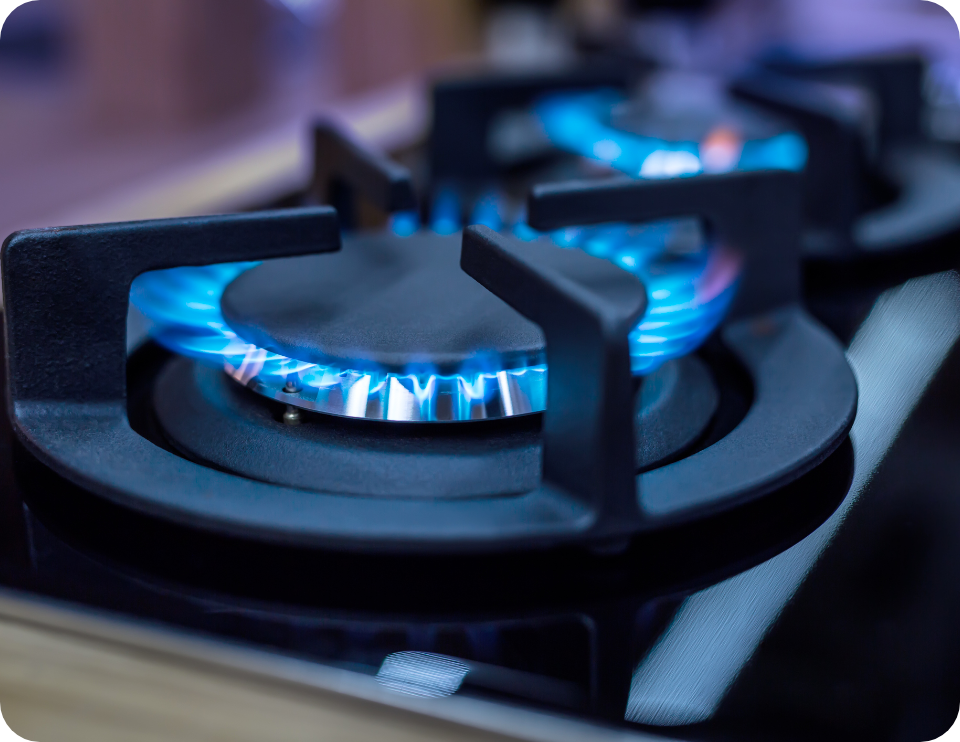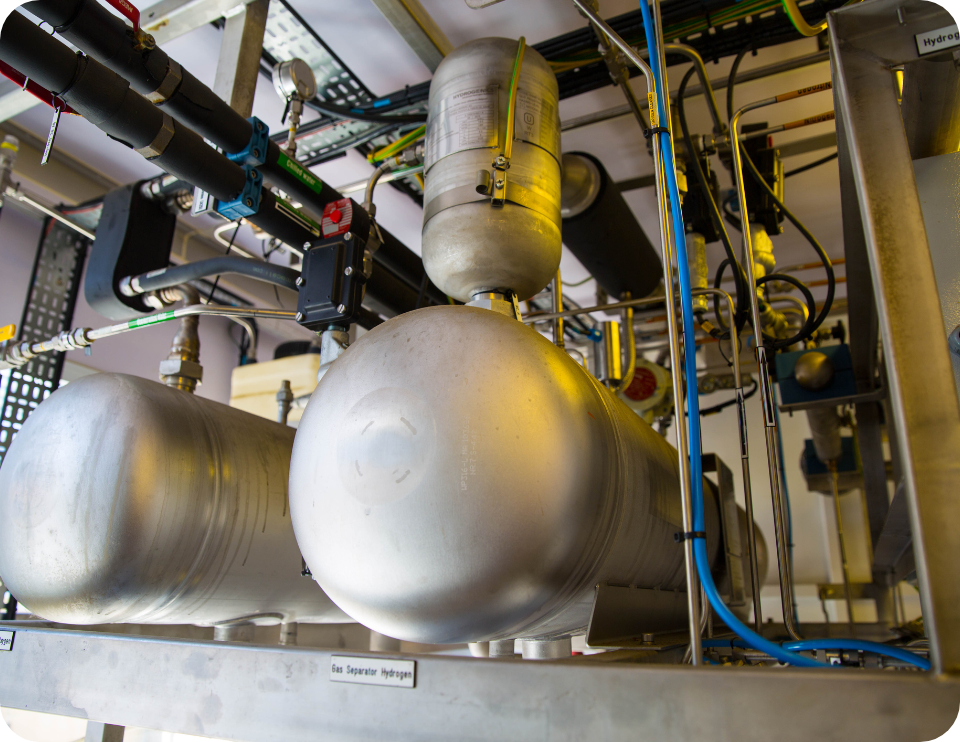What is propane?
Propane is a liquefied petroleum gas that consists of propane, propylene, butane, and butylenes in various mixtures. In the U.S., propane is the primary ingredient. Propane is a by-product of natural gas processing and petroleum refining and it is stored under moderate pressure to maintain its liquid state.
WITH A RELATIVELY LOW COST, PROPANE IS A HIGH OCTANE, HIGH-ENERGY DENSITY FUEL THAT CAN REDUCE HARMFUL EMISSIONS.

What are other benefits of propane?
- Energy security. Domestic production reduces dependence on imported oils
- Cost. Propane costs less per gallon than gasoline and diesel fuel
- Availability. Numerous propane-powered vehicles are available. A national infrastructure of propane pipelines, processing facilities, and storage already exists for efficient distribution
Renewable Propane
What is renewable propane?
Renewable propane is made from readily available materials, such as used cooking oil, animal fats and agricultural waste products, rather than fossil fuels. It’s often a co-product of biodiesel and renewable diesel production.
CHEMICALLY IDENTICAL TO CONVENTIONAL PROPANE, RENEWABLE PROPANE CAN BE PRODUCED FROM USED COOKING OIL, ANIMAL FATS OR 20% DIMETHYL ETHER.

What are other benefits?
- Flexible. Renewable propane is identical to traditional propane in terms of chemical structure and physical properties.
- Performance. Metrics are similar to those of traditional propane.
- Diverts waste from landfills. Converting animal fats and used cooking oil into renewable propane reduces the amount of material entering our landfills.


